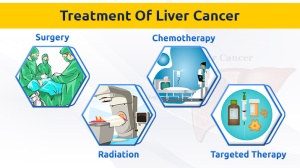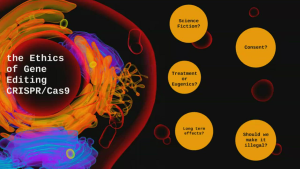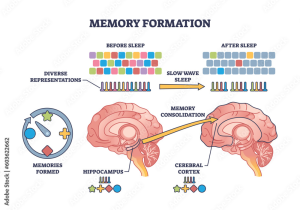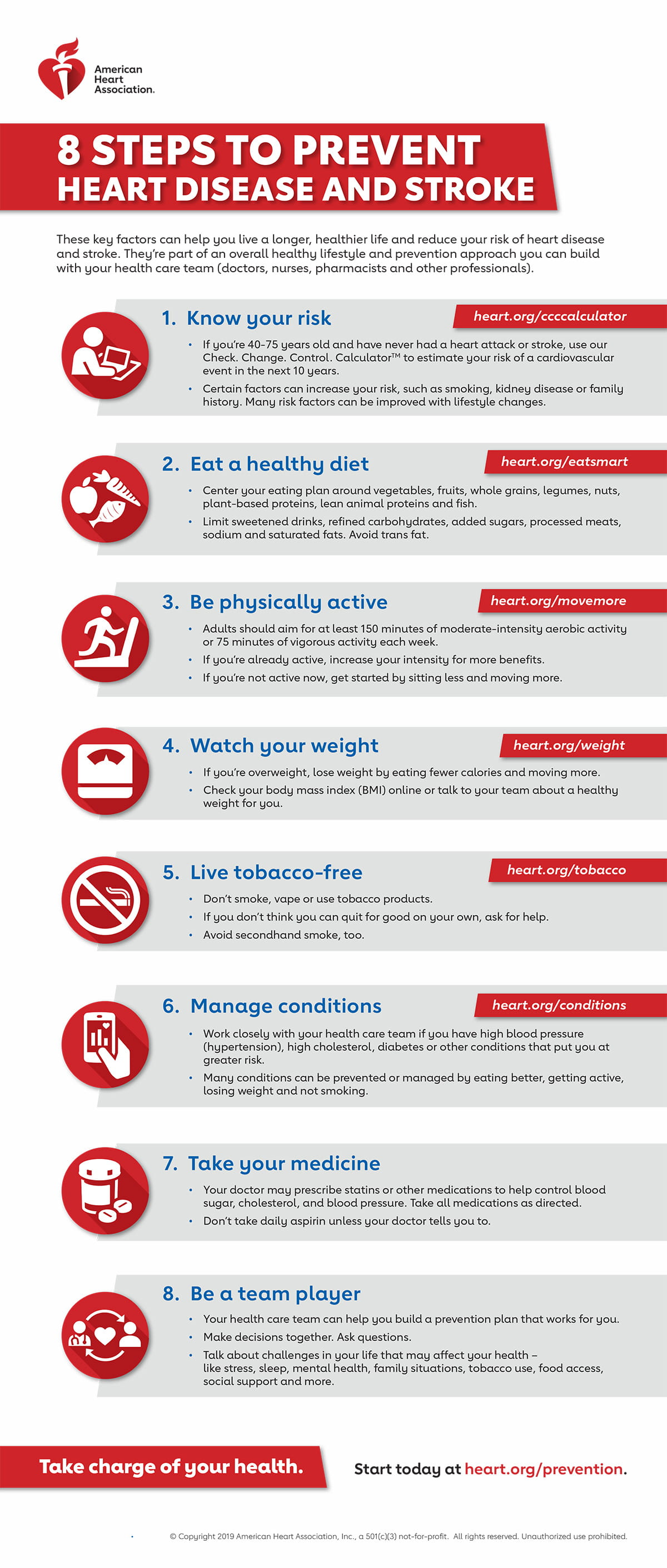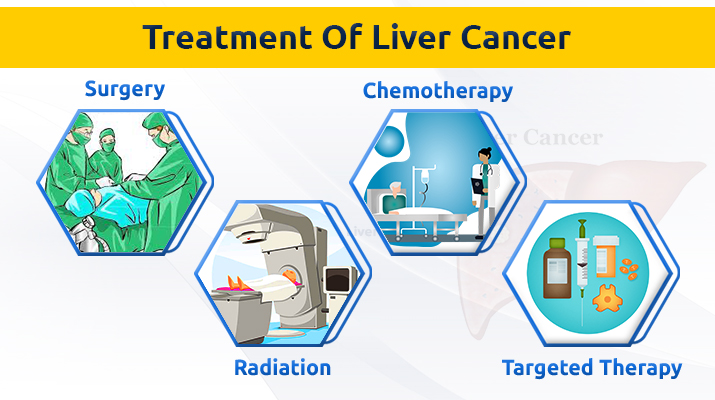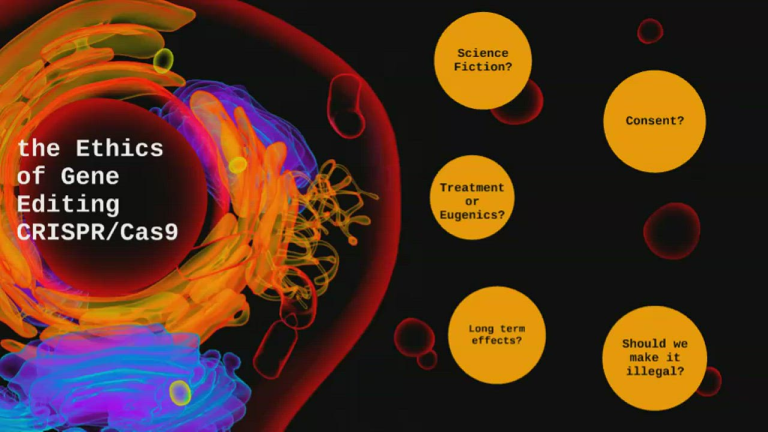Heart disease prevention is critical in combating one of the leading health challenges of our time. With cardiovascular health at stake, it’s essential for individuals to take proactive measures such as managing cholesterol levels and addressing heart disease risk factors early on. By adopting a heart-healthy lifestyle, including a balanced diet and regular exercise, it’s possible to significantly reduce the likelihood of developing this condition. Moreover, engaging in cholesterol treatment when needed can play a pivotal role in preventing heart disease. As we explore this topic, we will highlight strategies to not only promote awareness but also foster the importance of prioritizing heart health in our daily lives.
When we discuss preventing cardiovascular diseases, it’s vital to understand their many dimensions. Often dubbed the silent killer, these conditions can lead to serious complications if not addressed promptly. Engaging in routine screenings and being aware of critical health metrics can help individuals stay vigilant against potential threats to their heart health. Additionally, targeting factors such as high cholesterol and blood pressure through lifestyle changes and medical interventions can immensely contribute to avoiding dangerous outcomes. Throughout this article, we aim to provide insights that empower readers to take charge of their cardiovascular well-being.
Understanding Heart Disease Risk Factors
Heart disease risk factors are key indicators that can predict an individual’s likelihood of developing cardiovascular disease. These include lifestyle choices such as diet, exercise, and smoking, as well as clinical measurements like high blood pressure, high cholesterol levels, and diabetes. Patients often underestimate the cumulative effect of these risk factors over time, mistakenly believing that they can delay preventative action until they face immediate health consequences. For instance, a sedentary lifestyle paired with a diet high in saturated fats can dramatically increase LDL or ‘bad’ cholesterol levels, leading to a higher risk of heart disease.
Studies show that awareness of these risk factors is critical in fighting cardiovascular disease. Regular check-ups and tests can help individuals identify problematic levels of cholesterol and blood pressure early on, enabling proactive lifestyle changes or medical interventions. By understanding and mitigating these risk factors, patients can lower their risk significantly and improve their overall cardiovascular health. Education, therefore, becomes a crucial ally for patients in preventing heart disease effectively.
The Importance of Cholesterol Management
Cholesterol management is a vital component in the prevention of heart disease. It involves both the reduction of LDL cholesterol levels and the promotion of HDL cholesterol, which is often referred to as ‘good’ cholesterol. Healthcare providers often recommend lifestyles that include healthy eating patterns rich in omega-3 fatty acids, regular physical activity, and, when necessary, medical treatments such as statins or other cholesterol-lowering medications. These strategies are effectively integrated into a cohesive plan that targets cardiovascular health comprehensively.
In recent years, advancements in cholesterol treatment have allowed for more personalized approaches in medicine. Patients are encouraged to regularly monitor their cholesterol levels and consult their doctors about their options for managing them. Emerging treatments, such as new-generation therapies that specifically target cholesterol absorption, have shown promise in lowering triglyceride levels and improving heart health. This progress points to an exciting future in the fight against heart disease, reinforcing the necessity for individuals to take cholesterol management seriously.
Heart Disease Prevention Strategies
Preventing heart disease requires a multifaceted approach that addresses various aspects of health. First and foremost is lifestyle modification, which includes adopting a balanced diet low in saturated fats and sugars, engaging in regular physical activity, and avoiding smoking. Furthermore, it is essential for individuals to monitor important health indicators such as blood pressure, cholesterol levels, and body weight. This ensures they are proactively managing their cardiovascular health and reducing their heart disease risk factors.
In addition to lifestyle changes, it’s crucial for individuals to participate in regular health screenings. These screenings can help catch any early signs of cardiovascular problems before they escalate into severe conditions. Healthcare providers are vital in guiding patients through necessary screenings, thus emphasizing the inevitability of heart disease prevention as a priority in health care. Ultimately, a heightened awareness of these prevention strategies can lead to better heart health outcomes nationwide.
The Role of Technology in Cardiovascular Health
Advances in technology are reshaping how we approach cardiovascular health and disease prevention. Wearable devices and mobile apps allow individuals to track their physical activity, monitor their heart rates, and even manage their dietary habits more effectively. These tools empower patients by providing them with real-time insights into their health metrics, encouraging them to take proactive steps towards improving their cardiovascular health.
Moreover, technologies such as telemedicine have made it easier for patients to connect with their healthcare providers, ensuring they receive timely advice and follow-up care. This is particularly beneficial for those with chronic risk factors like high cholesterol or hypertension. By leveraging technology, healthcare systems can follow up with patients, remind them of their treatment plans, and ensure compliance—ultimately supporting better outcomes in the prevention of heart disease.
The Impact of Diet on Heart Disease Prevention
Diet plays a crucial role in preventing heart disease, yet many individuals underestimate its importance. A diet rich in fruits, vegetables, whole grains, and lean proteins can significantly lower heart disease risk by addressing cholesterol management and blood pressure control simultaneously. Foods high in omega-3 fatty acids, such as fatty fish, can also enhance heart health by reducing inflammation and preventing plaque buildup in arteries.
Furthermore, attention to portion sizes and the types of fats consumed is essential in dietary choices. Replacing saturated fats with healthier fats, such as those found in avocados and nuts, can improve cholesterol levels and contribute to better cardiovascular health. By making informed dietary choices, individuals can effectively reduce their risk of developing heart disease and enhance their overall well-being.
The Connection Between Weight Management and Heart Health
Maintaining a healthy weight is pivotal in the fight against heart disease. Excess weight, especially when carried around the midsection, elevates the risk of high blood pressure, high cholesterol levels, and diabetes—all significant heart disease risk factors. Therefore, effective weight management strategies, including balanced nutrition and regular exercise, can substantially lower these risks, enhancing overall cardiovascular health.
Additionally, obesity has been shown to have a detrimental impact on heart function, leading to the development of heart failure over time. Patients aiming to prevent heart disease can incorporate practical weight loss tactics into their routines, promoting healthy habits that align with cardiovascular goals. Comprehensive weight management plans not only contribute to overall physical health but also serve as a significant protective measure against heart disease.
The Importance of Regular Health Screenings
Regular health screenings are essential for early detection and prevention of heart disease. These screenings typically include monitoring cholesterol levels, blood pressure, and glucose levels. Recognizing high cholesterol or hypertension before they lead to more serious health consequences can enable individuals to take necessary action through lifestyle changes or medication, significantly reducing their risk of heart disease.
Incorporating routine check-ups into one’s health regimen helps foster a proactive attitude towards cardiovascular health. Health professionals can educate patients about the importance of understanding their numbers and what they mean for heart disease prevention, which can be instrumental in treatment adherence. By prioritizing health screenings, individuals commit to a lifestyle that values preventive care.
Advancements in Medical Innovation for Heart Disease
Innovations in medical technology and treatments are transforming the landscape of cardiovascular care. New techniques, such as minimally-invasive surgeries and advanced stenting procedures, have dramatically improved recovery times and reduced hospital stays for patients with heart disease. As research continues to progress, innovative therapies are being developed to better manage cholesterol levels and other risk factors associated with heart disease.
Moreover, the integration of artificial intelligence in identifying cardiovascular disease risk factors allows for tailored approaches to individual patient care. This level of personalization helps bridge the gap between patient knowledge and necessary treatments. Ongoing innovations reflect the commitment to improving cardiovascular health outcomes and demonstrate the importance of embracing new medical advancements as part of heart disease prevention strategies.
Building Patient Awareness in Heart Disease Prevention
Building awareness around heart disease is crucial for encouraging proactive health behaviors among patients. Many individuals are unaware that lifestyle factors such as poor diet and lack of exercise significantly contribute to the risk of developing heart disease. Education campaigns tailored to diverse populations can empower communities to understand these risks and take charge of their cardiovascular health by making informed choices.
Health professionals play a pivotal role in this awareness-building process. By effectively communicating the importance of risk factors and preventative measures, they can foster a culture that prioritizes heart health. Increased patient motivation to engage in preventative actions, such as routine check-ups and lifestyle changes, is essential in combating the perception that heart disease is less urgent than other health concerns, further enhancing efforts towards heart disease prevention.
Frequently Asked Questions
What are the key strategies for heart disease prevention?
Heart disease prevention involves several key strategies including maintaining a healthy diet, managing cholesterol levels, engaging in regular physical activity, and controlling blood pressure. Understanding heart disease risk factors such as obesity, diabetes, and smoking is crucial for effectively preventing heart disease.
How can cholesterol management contribute to heart disease prevention?
Cholesterol management is vital for heart disease prevention as high levels of LDL or ‘bad’ cholesterol can lead to plaque buildup in arteries, increasing the risk of heart attacks and strokes. Lifestyle changes, dietary adjustments, and possibly cholesterol treatment can help lower LDL levels, promoting better cardiovascular health.
Why is it important to know your numbers in heart disease risk factors?
Knowing your numbers, such as LDL cholesterol levels, blood pressure, and weight, is essential in heart disease risk assessment. Regularly monitoring these metrics allows for early interventions and personalized strategies in heart disease prevention, reducing the long-term risks associated with cardiovascular issues.
What role does lifestyle play in preventing heart disease?
Lifestyle choices significantly impact heart disease prevention. A balanced diet low in saturated fats and sugars, regular exercise, and avoiding smoking are foundational elements for maintaining cardiovascular health. By making these positive lifestyle changes, you can actively reduce your risk of developing heart disease.
How effective are medications in cholesterol treatment for heart disease prevention?
Medications for cholesterol treatment, such as statins, can be highly effective in preventing heart disease by lowering LDL cholesterol levels. These medications can reduce the risk of heart attacks and strokes, especially when combined with lifestyle changes that focus on heart disease prevention.
What innovative approaches are being developed for heart disease prevention?
Innovative approaches for heart disease prevention include advances in technology such as wearable health devices and AI-driven healthcare solutions that personalize treatment plans. These tools empower patients to monitor their health metrics and adhere to prescribed prevention strategies effectively.
How can regular health screenings aid in preventing heart disease?
Regular health screenings are essential in heart disease prevention as they can identify risk factors like high blood pressure and elevated cholesterol levels early. Early detection allows for timely interventions, which can significantly reduce the risk of future cardiovascular issues.
What are the consequences of neglecting heart disease prevention?
Neglecting heart disease prevention can lead to severe health consequences, including heart attacks, strokes, and other cardiovascular diseases. Understanding and managing your heart disease risk factors is crucial for maintaining overall health and avoiding these potentially life-threatening conditions.
Can weight-loss medications assist in heart disease prevention?
Yes, weight-loss medications can assist in heart disease prevention by promoting weight loss, which is linked to improved cholesterol levels and reduced blood pressure. These medications can provide a significant benefit even for patients without a clinical diagnosis of obesity or metabolic syndrome.
What is the importance of education in heart disease prevention?
Education plays a critical role in heart disease prevention by enhancing awareness of risk factors and the importance of timely interventions. Educated patients are more likely to engage in proactive measures and adhere to treatment plans, ultimately leading to better cardiovascular health outcomes.
| Key Point | Details |
|---|---|
| Heart Disease as the Leading Cause of Death | Despite medical advancements, heart disease continues to be America’s top killer, highlighting the need for better prevention efforts. |
| Casual Attitude Towards Prevention | Many patients take a lackadaisical approach to heart health, delaying dietary and lifestyle changes. |
| Awareness of Cardiovascular Health Metrics | Patients should know their numbers (cholesterol, blood pressure, etc.) early, rather than waiting for treatment to start. |
| Advancements in Treatment | New technologies like heart transplant techniques and minimally invasive surgeries improve recovery times significantly. |
| The Role of Health Technology | Wearable devices and new medications can empower patients, leading to better health outcomes. |
| Navigators for Patient Care | Patient navigators can help bridge gaps in care, ensuring individuals receive necessary treatments and follow-ups. |
Summary
Heart disease prevention is critical as it remains the number one cause of death in America. Many individuals underestimate the risks and delay important lifestyle changes and medical interventions. By raising awareness about heart health metrics and embracing advancements in treatment and technology, we can improve prevention strategies. Education, consistent monitoring, and support systems can ultimately lead to reduced heart disease rates and healthier lives.

